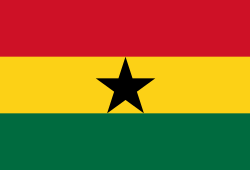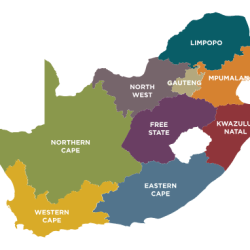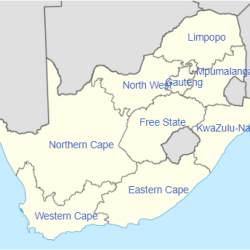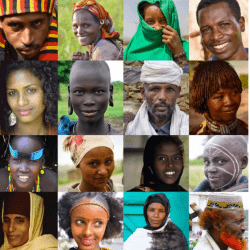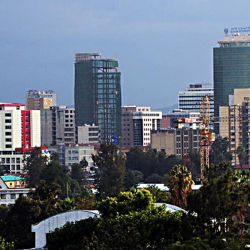The smallest state in Nigeria by population is Bayelsa.
Abuja, the Federal Capital Territory, is actually the smallest (least populated) state-like entity, if it’s to be added to the list of states, as it’s sometimes done.
10 smallest state in Nigeria by population
Federal Capital Territory (FCT), Abuja
Bayelsa
Nasarawa
Ebonyi
Taraba
Yobe
Gombe
Kwara
Ekiti
Abia
Bayelsa
Bayelsa is a state in the South South region of Nigeria, located in the core of the Niger Delta.
The state was created out of Rivers State on October 1, 1996 by the Sani Abacha’s military government.

The capital, Yenagoa, is susceptible to high risk of annual flooding.
It shares a boundary with Rivers State to the East and Delta State to the west, with the waters of the Atlantic Ocean dominating its southern borders.

It has a total area of 10,773 square kilometres (4,159 sq mi).
The state comprises eight local government areas: Ekeremor, Kolokuma/Opokuma, Yenagoa, Nembe, Ogbia, Sagbama, Brass and Southern Ijaw.
The state is the smallest in Nigeria by population as of the 2006 census, as well as one of the smallest by area.
Being in the Niger Delta, Bayelsa State has a riverine and estuarine setting, with bodies of water within the state preventing the development of significant road infrastructure.
The languages of the Ijaw are widely spoken in Bayelsa State, along with Isoko and Urhobo.
The state is also the ancestral home of the Urhobo people in the Sagbama local government area.
As a state in the oil-rich Niger Delta, Bayelsa State’s economy is dominated by the petroleum industry.
The state is the site of Oloibiri Oilfield, where oil was first discovered in Nigeria, and as of 2015 was estimated to produce 30-40% of the country’s oil.
The state has the largest gas reservoir (18 trillion cubic feet) in Nigeria.
Though being the site of one of the largest crude oil and natural gas deposits in the country contributes to local economic development, the state remains plagued by rampant poverty as well as pollution stemming from oil spills.
As of 2022, Douye Diri is the governor of Bayelsa State, while Lawrence Ewhrudjakpo is the deputy governor.
During the 20th century, demands for a new, majority-Ijaw state to be drawn in the Niger Delta Region became common. Between 1941 and 1956, numerous Ijaw nationalist organizations supportive of an Ijaw-majority state in Southern Nigeria were founded. Isaac Adaka Boro, a prominent Ijaw rights activist during the 1960’s who was born in Oloibiri, attempted to proclaim a “Niger Delta Peoples Republic” in 1966.
On November 20, 1999, the Nigerian military committed what is now referred to as the Odi massacre. The death toll remains disputed to this day, though Nnimmo Bassey, Executive Director of Environmental Rights Action, claims that nearly 2500 civilians were killed.
In response to environmental degradation in the state caused by the oil industry, movements such as the “Rise for Bayelsa” campaign have emerged to push for protecting the local water supply.


